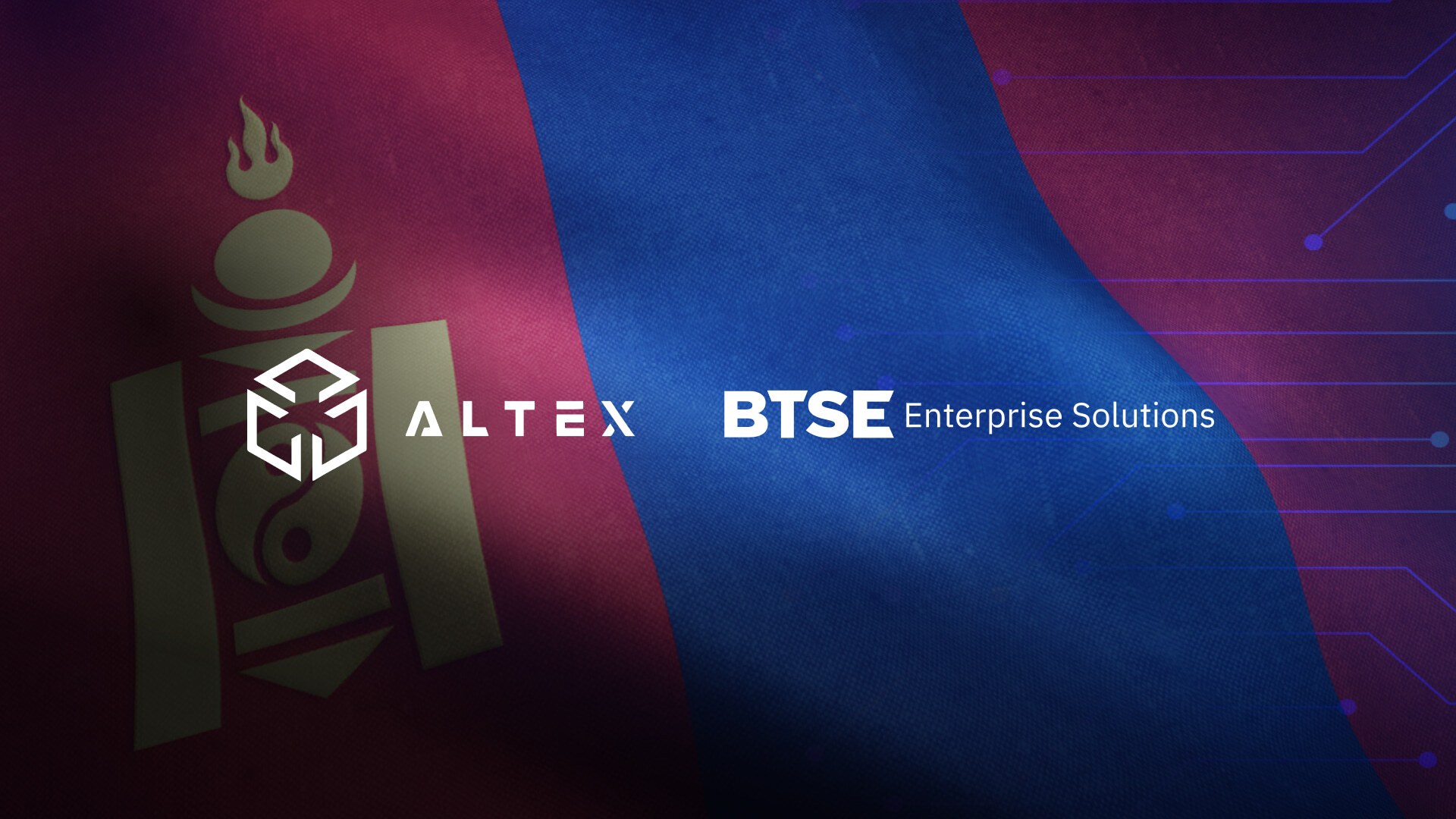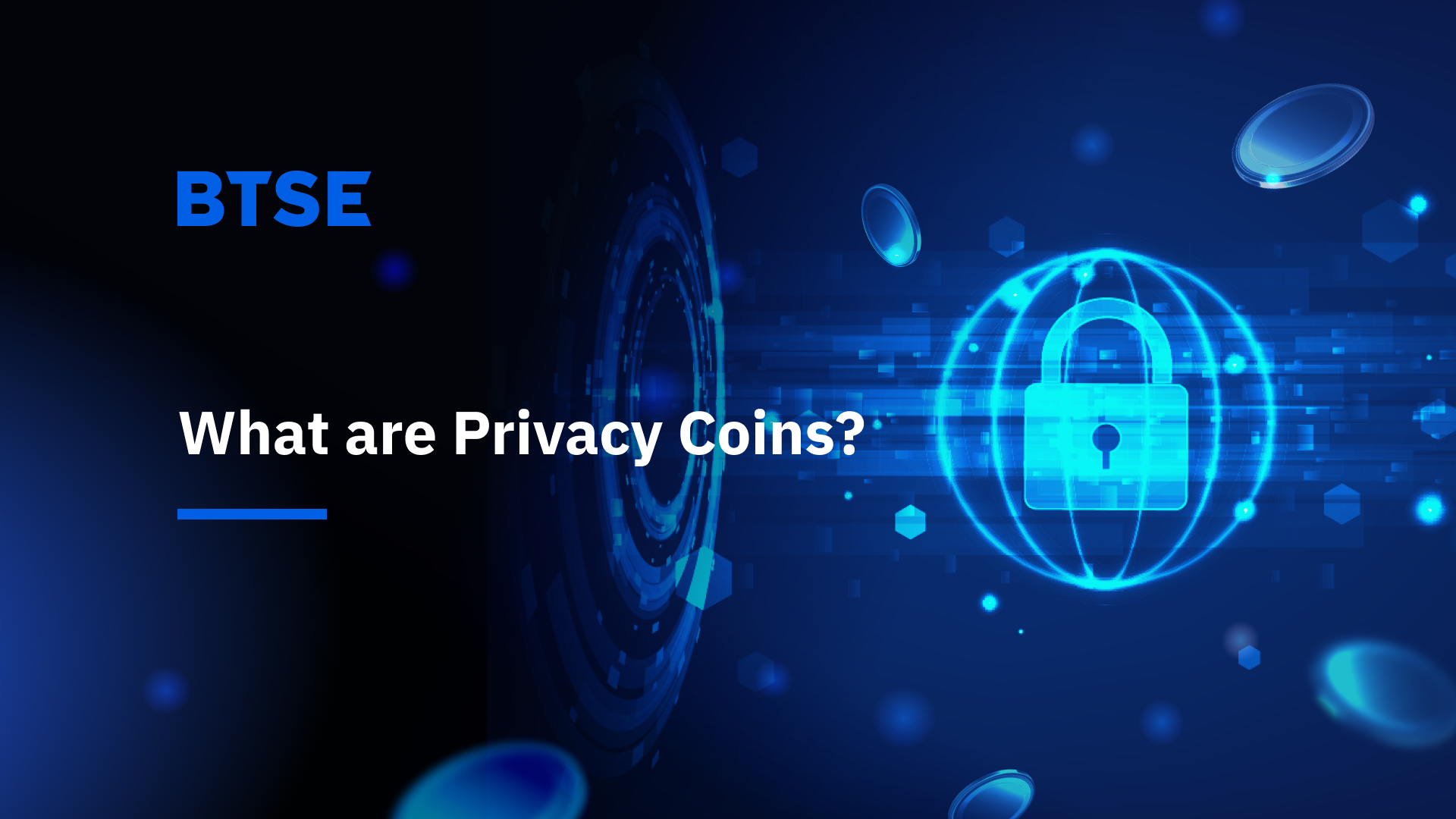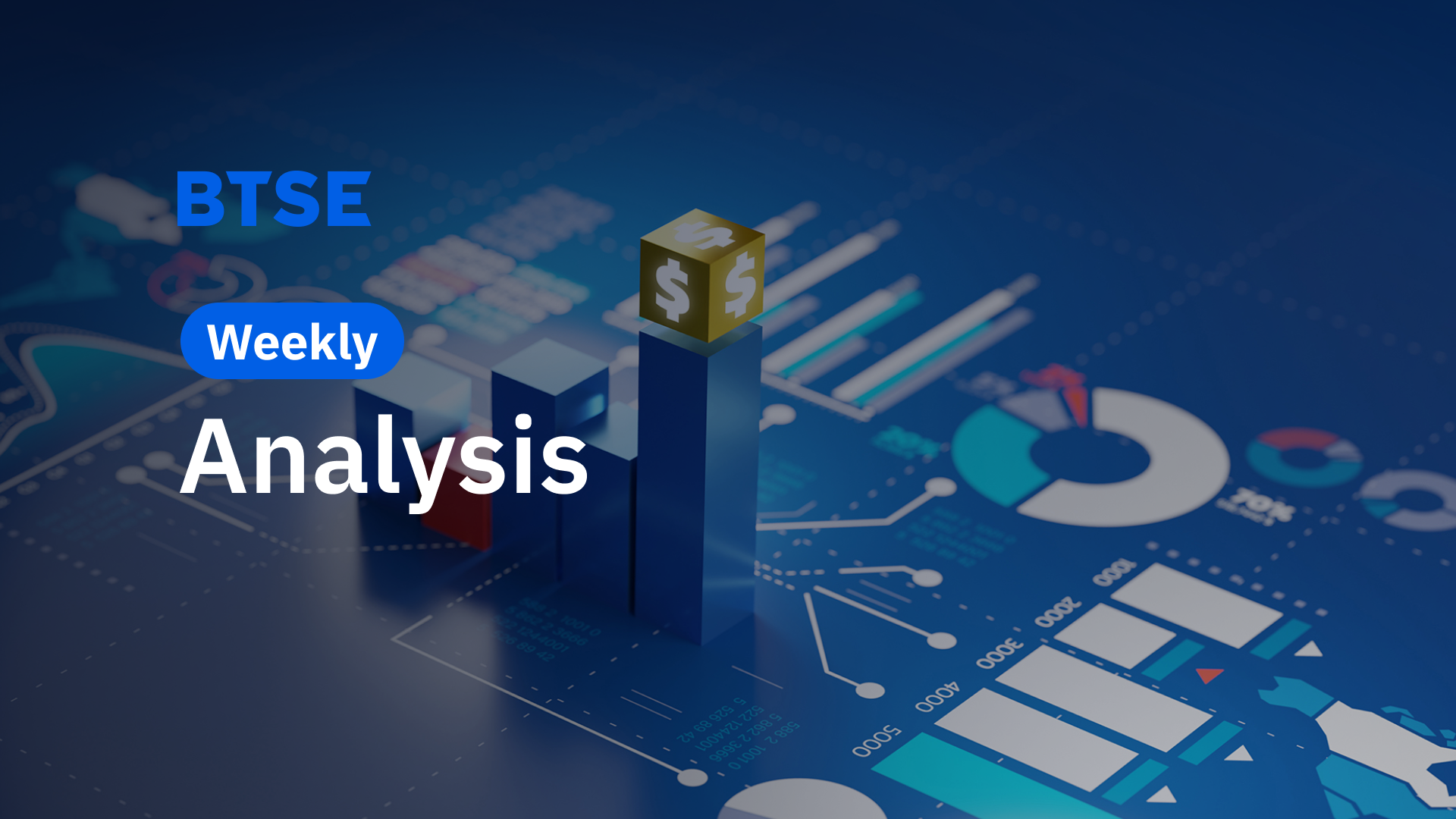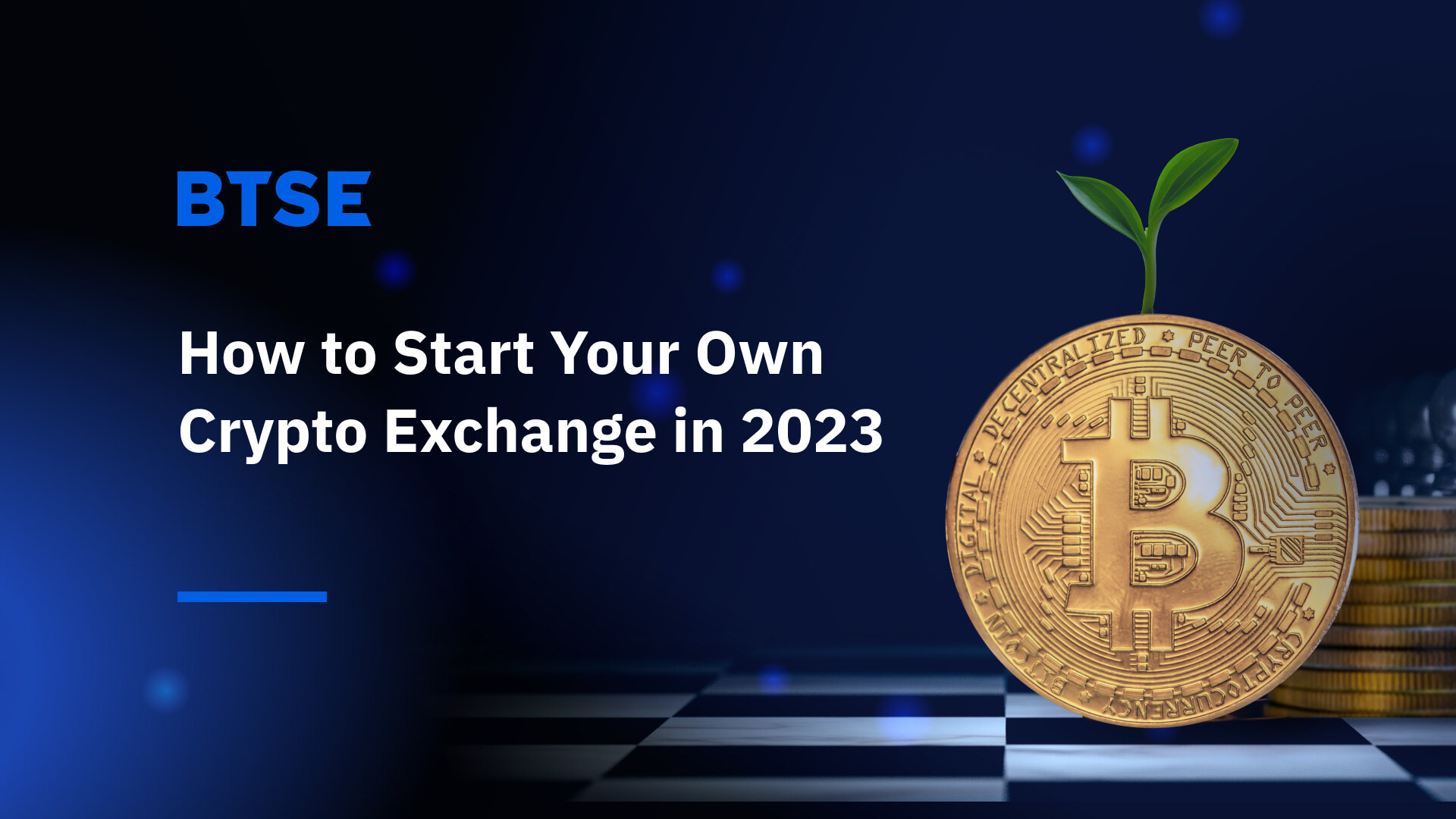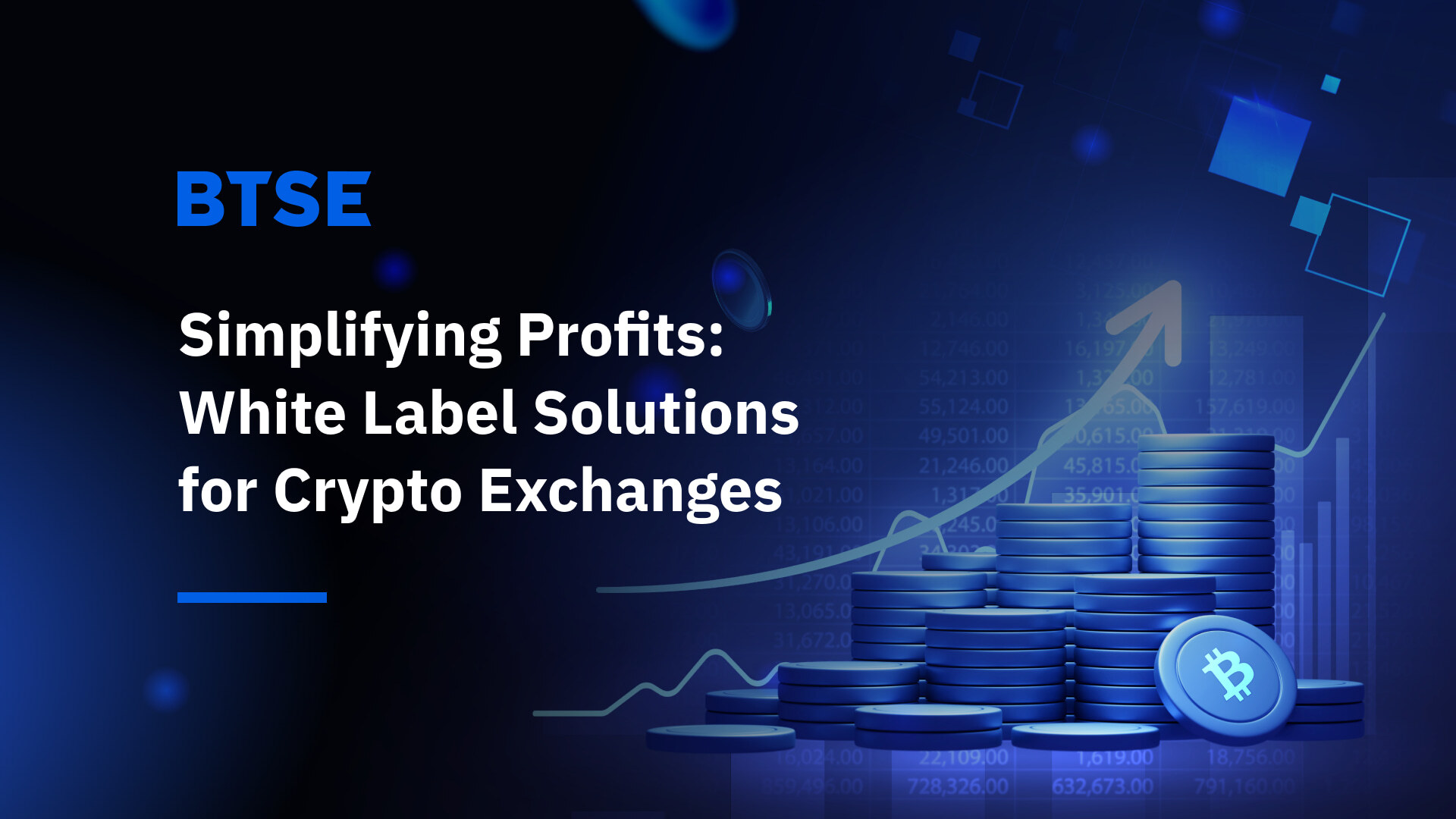26 5 月, 2023
BTSE Industry News – May 26, 2023
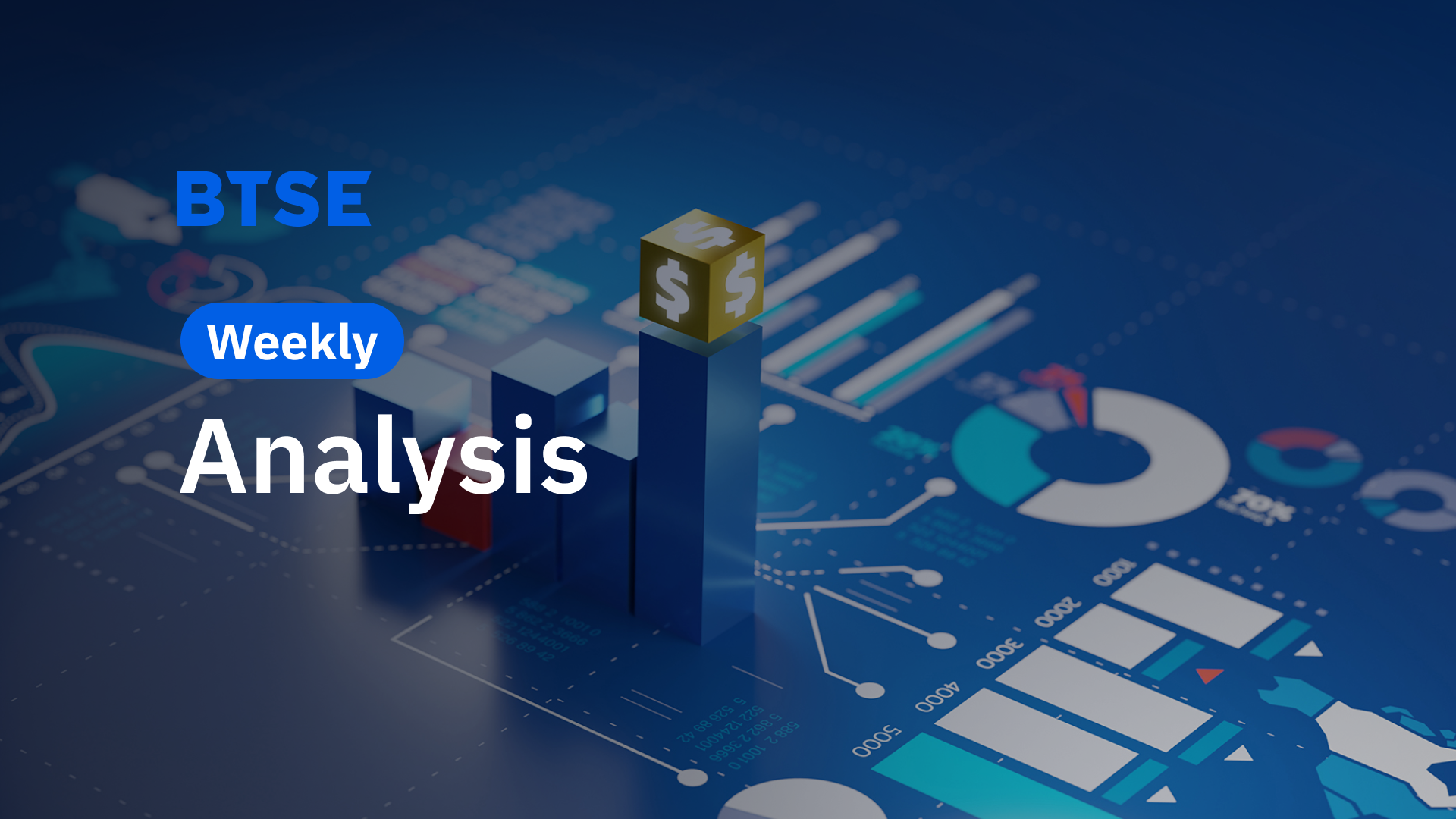
Welcome to the latest edition of our newsletter, where we cover the highlights of the past week in the rapidly evolving world of decentralized and blockchain technology.
Price movements for major tokens mostly trended downward in the past week, with many touching their monthly lows before rallying toward the end of the week. The total market capitalization of digital assets has been trending downward since mid-April. Some traders see this as a bullish pattern as the current movement signals a possible breakout.

Controversy is still brewing around Ledger’s Recover feature, which the company designed to allow anyone to retrieve their wallet’s seed phrase. Recover is meant to be an opt-in subscription service, and the company’s CTO, Charles Guillemet, said Recover has “no backdoor for anyone.” To appease critics, Ledger is delaying Recover’s release until its code is open-sourced so that it can be audited by any third party.
The Hong Kong Monetary Authority (HKMA) has announced the launch of its e-HKD Pilot Program, involving 16 selected firms from the financial, payment, and technology sectors. The program aims to explore potential use cases for a retail central bank digital currency (CBDC) in Hong Kong. The pilots will delve into six categories, including various payment methods and the settlement of digital assets. The HKMA plans to share key learnings with the public at Hong Kong FinTech Week 2023 and expects to conduct further rounds of pilots in the future.
Meanwhile, cybersecurity firm Unciphered claimed that it has hacked into the Trezor T hardware wallet made by Satoshi Labs. The company said it managed to exploit a hardware vulnerability, and the hack is possible only with physical possession of a device.
Hardware wallets were once seen as the gold standard for safeguarding one’s digital assets against hackers. That narrative is now being challenged. BTSE continually improves its security measures to ensure all user accounts and funds are kept in safe custody, so users can trade and invest using BTSE with peace of mind.
Policy & Regulation
- Japan is positioning itself as a global leader in the Web3 industry by embracing digital assets and creating a friendly regulatory environment. Recognizing the transformative potential of blockchain technology and decentralized internet, the Japanese government has outlined a national strategy to foster digital asset adoption and promote innovation. Major corporations, including Sony and Toyota, are embracing Web3 technologies and exploring blockchain use cases.
- A cross-party group of politicians in the UK has called for digital assets to be treated as gambling rather than being regulated, claiming that digital assets have “no intrinsic value” and “no discernible social good.” The report from the Treasury select committee has been met with strong opposition from the digital assets industry, which argues that digital assets bring numerous benefits across financial markets. If digital assets were treated as gambling, it would fall under the purview of the UK’s Gambling Commission instead of the Financial Conduct Authority. The industry is concerned that such a move would hinder the UK’s ambition to become a digital asset innovation hub.
- Rules for digital asset-focused companies are taking shape in Hong Kong, as the city seeks to draw upon its legacy as a financial city and reinvent itself as a digital asset hub. New regulations state the token listing criteria for digital asset exchanges, as well as other requirements such as implementing “suitable” onboarding processes. The rules will come into effect on June 1, 2023.
- U.S. President Joe Biden has expressed opposition to a proposal that could result in low taxes for digital asset investors, stating that he will not agree to a deal that protects “tax cheats” while risking food assistance for nearly 1 million Americans. The comments came in response to competing government spending cut proposals, with the Biden administration aiming to eliminate digital asset tax loopholes to save US$18 billion, while Republicans prefer cuts to food safety inspections to save US$15 billion.
Blockchain Technology
- Manta Network, a Polkadot-based layer-1 blockchain, has partnered with Linea to introduce zero-knowledge soulbound tokens (zkSBTs), aiming to address privacy concerns in digital asset projects. By utilizing zkSBTs, users can verify their identities without sharing personal details or undergoing know-your-customer screenings. The tokens, which cannot be traded and are linked to individuals or entities, offer a decentralized and private method for verifying real identities without compromising data confidentiality.
- Brave, the privacy-first browser, has introduced a token-gating feature to its Web3 calling service, Brave Talk. Users with premium subscriptions can now token-gate access to calls using non-fungible tokens (NFTs) and POAPs (Proof of Attendance Protocol). This feature mimics real-life events where attendees must present a ticket for entry.
Finance
- This week, the market cap of Tether (USDT) neared its all-time high, US$83.2 billion, achieved in May 2022. The stablecoin’s supply shot up because users minted the token on Tron in large volumes, although there wasn’t a corresponding increase in trading volume. The surge in USDT’s market cap is happening while USDC trading volume is dropping, dragging down the latter’s market capitalization.
- Bhutan, the Himalayan kingdom known for its focus on gross national happiness, is turning to digital assets in search of fast growth and returns. Druk Holding & Investments (DHI), the state-owned commercial holding company, has partnered with Singapore-based Bitdeer to raise up to US$500 million for a digital asset mining business. Bhutan’s abundant hydropower resources provide a renewable electricity source for bitcoin mining.
